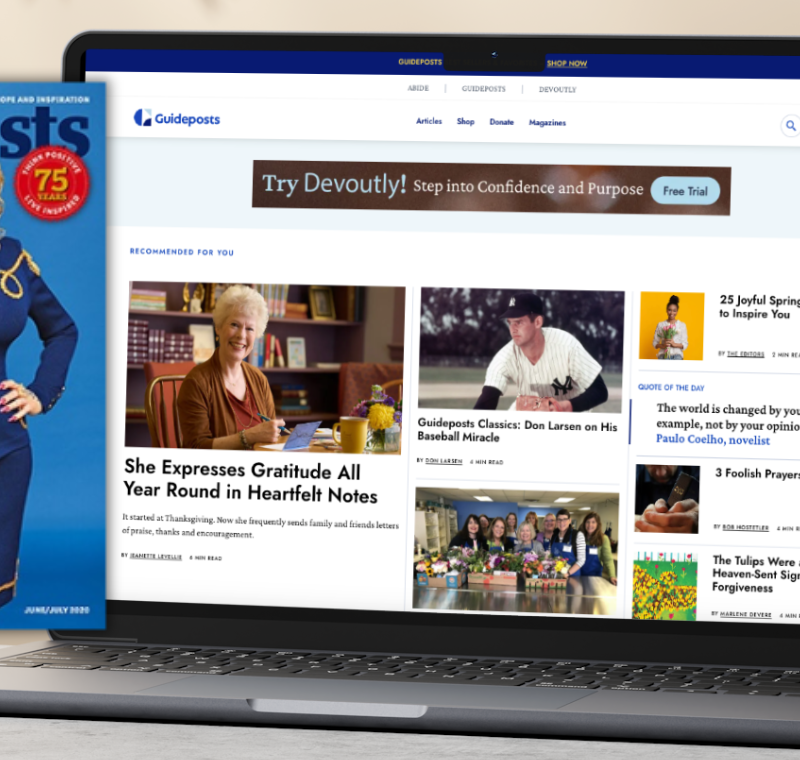[Video] Would you like voice with that? BBC Good Food on building its Alexa Skill
Looking back almost a decade now, BBC Good Food was one of the UK’s most pioneering media brands in making the transition into the second wave of digital. As smartphones and iPads made their way into the mainstream, recipe content lent itself particularly well to these new formats, which could be carried into the kitchen, and used to play videos to help you through the cooking process.
In 2019, the brand is leading the evolutionary charge again, as voice activated content becomes more prominent. Here, in this exclusive video interview for FIPP, Hannah Williams, head of digital content for BBC Good Food, explains how the team has taken its first steps into the world of voice content.
“Well it’s an interesting one,” says Williams. “We actually decided to go down the voice route because we could see our users migrating that way. There’s like a scary industry prediction that 50 per cent of content searches will come from voice in the next few years. And we’re really heavily reliant upon Google at the moment for access to our audience. So it was more about mitigating risk at this stage, knowing that we needed to be there because that’s what our audience is. It was complete unknown territory, so it was very much a side project, and the initial thinking was ‘Can you sort this out just in case we need to?’
“When we started working out what the user case was, finding content was obvious. But then looking at where people physically have these [voice] devices, a lot of them actually have their devices in the kitchen… and who’s not ever wanted to cook hands-free when they’ve got pastry all over their fingers, I have anyway!”
Of course the acquisition of BBC magazine titles by Immediate Media has longsince become industry history, as indeed has the more recent acquisition of Immediate itself by Burda. But particularly now in an age of enhanced sensitivities around media, data, commercialisation, and the arrival of AI – through voice – into the home, does the BBC Good Food brand need to be at all wary of the channels it appears on, or indeed in this case be seen to appear on all?
“So it’s fully, completely owned by Immediate Media, all assets, etc. But we retained the BBC title and so obviously we have to work within certain policy constraints and we have to be mindful of certain things. But they’re more about transparency and being very clear. Whenever there’s a commercial relationship, we’re not exclusively with Amazon and Alexa, we’re also speaking to Google Home, Samsung, everybody. So yeah, as long as there’s a value add for our users then we’re free to go.”
That said, surely voice offers some great opportunities for commercial partnerships, particularly for a consumer-driven brand like Good Food, in offering audiences direct purchases of recipe items and such?
“Well they currently can. So you can go on if you’re on the website, and can click-to-buy any ingredient from the recipe, which you then either send to a shopping list or to an online basket with loads of the high street retailers. And ideally yes, you can currently do that on our website, on our app, and we want people to be able to do that on voice eventually as the technology from Amazon unfolds. It’s not quite there yet, but we’re told it’s coming soon!”
That ‘coming soon’ caveat provides an inadvertent assessment of just how far the media industry’s relationship with voice has come in recent years. As mentioned at the beginning of this article, BBC Good Food took a pioneering role in repositioning its content for the iPhone/iPad era, taking advantage of the editorial and commercial opportunities that arose with these new mediums. And while it is now doing so again in its steps into voice, Williams admits that this is not yet a world that provides a huge economic return.
“It’s understandably slow, because there are no concrete commercial revenue models out there at the moment. So I understand how hard is it to get funding for something when your boss says well what’s the business case? And you’ve got no numbers to put in your report. But our audiences are using voice to find content and so if we just ignore it, then that’s going to be a massive risk – it’s not like that because we’re not there they’re just not going to use voice. If we’re not there, they’ve just got to use someone else and we’ll be left playing catch up, which is not somewhere we want to be.”
Related: Download our guide on How to start your voice digital assistant skill
Going forward, user requirements, as well as commercial product innovation, are likely to help shape how voice develops within media. For now at least, Williams explains how Good Food is working within current voice skill capabilities, and what they’re relationship with Amazon looks like.
“Well, it’s like will we get better at using voice or will the users kind of work out what they want from voice? It’s such unprecedented territory. I’m sure what good experiences look like in voice today are not what they are going to look like in five years time. Everything is so unprecedented, people are learning what they can do and publishers are learning what they can develop. But again unless you’re actively participating in that journey, you can have no insights to build on once it does bed down.”
“Currently there is a pretty standardised template/dashboard that you get from having a skill, and you can see what people are uttering, where they’re dropping off, the pain points in the journey, etc. Is it as sophisticated as our web analytics? No, not by a long shot. But that is another opportunity or benefit of being a strategic partner with the platform, because we can constantly have their ear about what we need.”
“This partnership came from a benchmark test of the quality of the skill and how much it can handle traffic and so on. And once they were happy with the quality of it, it’s a great stamp of approval that [Alexa] wants this to be the default for all recipe searches in the UK. Which, you know, is a good day in the office!”
Small steps it may be, but voice is making significant inroads not just into mainstream culture but into the home itself. As more leading media owners like Burda and Immediate get to grips with the potential and capabilities of voice skills, we will undoubtedly see both the quality and quantity of offerings increasing – listen to this space!
Meet more than 800 leading players from the global media industry under one roof during three days of learning, sharing and networking. FIPP World Media Congress | 12-14 November 2019 | Las Vegas Save hundreds of dollars with the Special Summer Rate, available until 24 July.
fippcongress.com |
More like this
Why BBC Good Food is sharing its 11,000 recipes over voice platforms
Immediate Media acquires BBC Good Food
Neue Zürcher Zeitung’s head of digital product on innovating in voice and personalised content
BBC Good Food’s foray into the world of voice
New report: How to start your voice digital assistant skills










